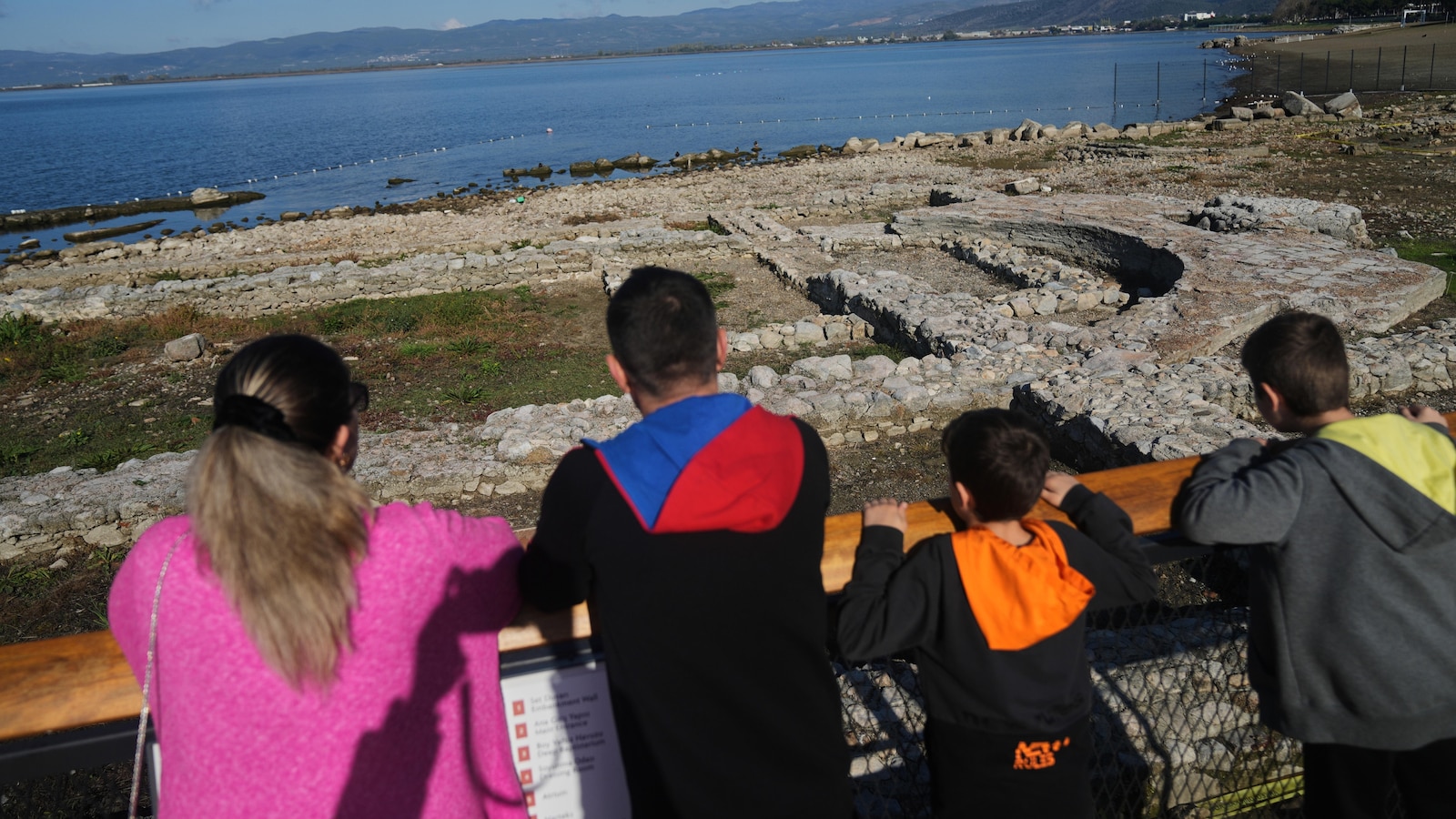The history of Christianity is marked by numerous schisms and doctrinal disputes, illustrating that whenever there is a theological question to be debated, Christians have often found themselves divided. This recurring pattern of fragmentation highlights the significance of the Council of Nicaea, a landmark gathering that took place 1,700 years ago in what is now modern-day Turkey. The council represents one of the earliest and most important moments of Christian unity, and it continues to resonate today. To commemorate this foundational event, Pope Leo XIV is scheduled to travel on November 28 to Nicaea, marking his first major foreign trip as pope and underscoring the council’s enduring importance.
The Council of Nicaea convened in 325 AD and was pivotal in creating the first version of the Nicene Creed, a statement of Christian faith that remains central to the beliefs of millions of Christians worldwide and is still recited in churches every Sunday. Giovanni Maria Vian, a church historian and coauthor of the book “La Scomessa di Costantino” (“Constantine’s Gamble”), emphasizes the council's significance as the first global ecumenical council and the first creed universally acknowledged by Christians. It was also notable for the collaboration between church and state, as the council was convened by the Roman Emperor Constantine, marking a moment when a political leader took an active role in shaping church doctrine.
Pope Leo XIV’s visit to Nicaea will be a joint commemoration with Patriarch Bartholomew, the spiritual leader of the Eastern Orthodox Church. This is particularly meaningful because the Nicene Creed is accepted not only by the Catholic Church but also by most Orthodox and historic Protestant denominations, making it the most widely recognized creed across diverse branches of Christianity despite the many schisms that followed.
The anniversary of the Council of Nicaea has been marked around the world in various ways. For example, the World Council of Churches, which includes Protestant and Orthodox members, held a commemoration in Egypt in October. In Pittsburgh, an ecumenical celebration featured the playful slogan “Party like it’s 325,” reflecting a spirit of shared history and unity.
The council’s importance lies not only in its doctrinal decisions but also in the unprecedented way it was conducted. It brought together at least 250 bishops from across the Roman Empire, convened at a time when Emperor Constantine had recently consolidated his rule after years of civil strife. Although Constantine did not officially convert to Christianity until late in his life, by 325 he had already shown considerable tolerance and favor towards Christians, who had previously endured persecution.
Constantine’s motivation for calling the council was partly political: he sought a unified Christian church to help stabilize and unify his empire. Yet, the church itself was deeply divided, particularly over the nature of Jesus Christ’s relationship to God the Father. This theological debate is often referred to as the "Trinitarian Controversy," though the core issue was not whether God is a Trinity, but rather how the Son (Jesus) related to the Father.
The controversy is closely associated with the teachings of Arius, an Egyptian priest whose doctrine, known as Arianism, portrayed Jesus as the highest created being but not equal to God the Father. Opposing this was the view held by other church leaders, including an Egyptian bishop, that Jesus was eternally equal to the Father and fully divine.
To resolve this dispute, Constantine convened the first ecumenical council, which was universal rather than regional in scope. The bishops overwhelmingly endorsed a creed that affirmed Jesus as “true God” and condemned Arianism as heresy. This creed included the term “homoousios,” meaning “of one substance,” borrowed from Greek philosophy to express the equality of Jesus with the Father. This became the core theological statement of the Nicene Creed.
In addition to doctrinal matters, the council also addressed the controversial issue of determining the date of Easter. The council adopted a formula favored by supporters of Arianism, setting Easter as the Sunday following the first full moon of spring. This compromise allowed both sides to claim a victory, illustrating the diplomatic success of the council in uniting divided factions.
David Potter, a historian and author of “Constantine the Emperor,” points out that Constantine’s role in the council created a lasting theological legacy: “It’s nice that a piece of imperial legislation is read out every Sunday,” he remarked, referring to the Nicene Creed’s enduring presence in Christian worship

